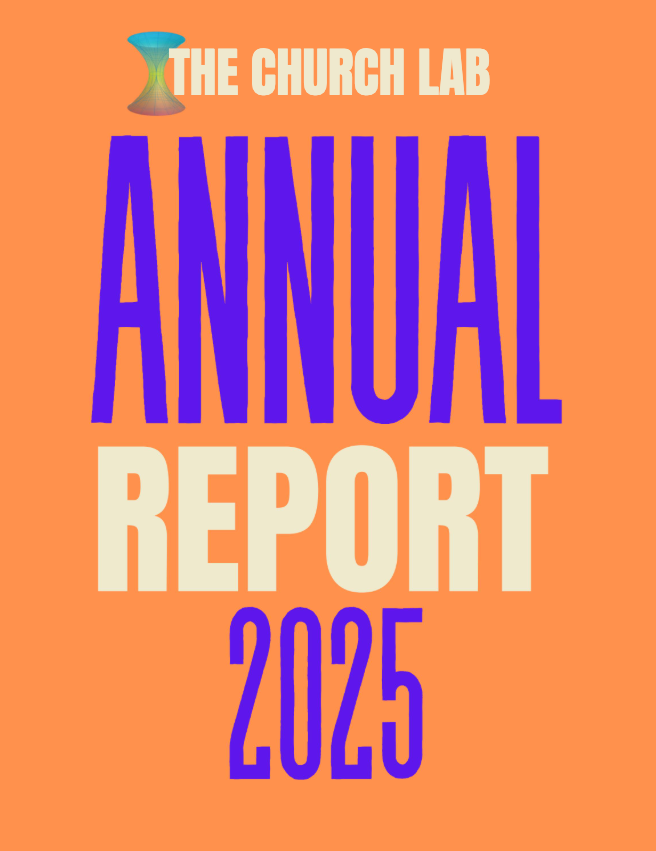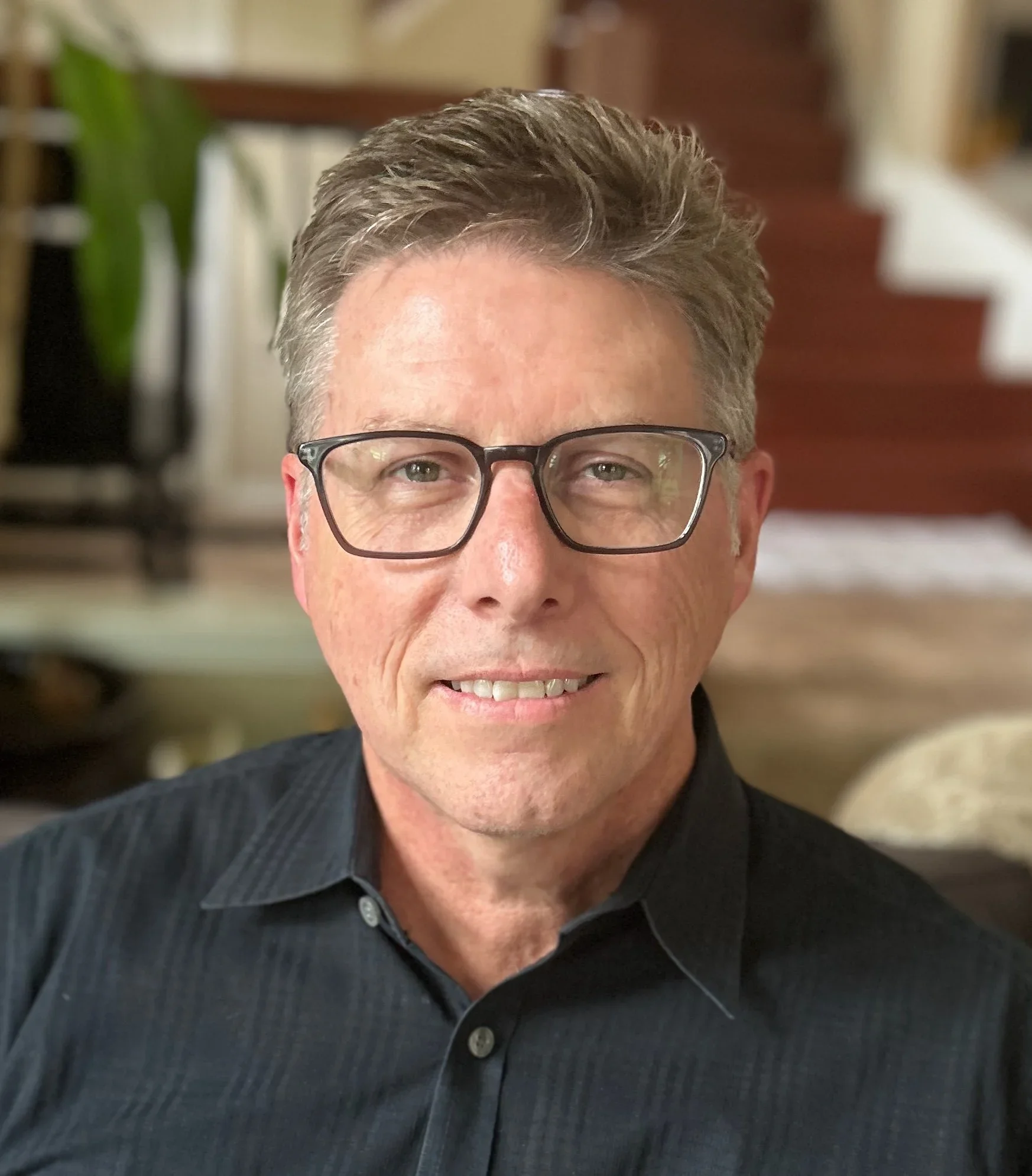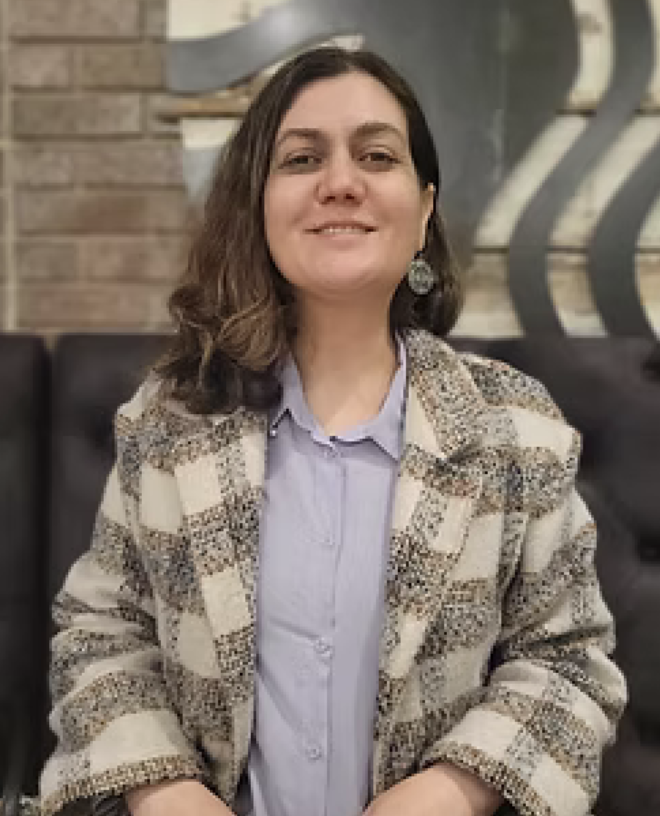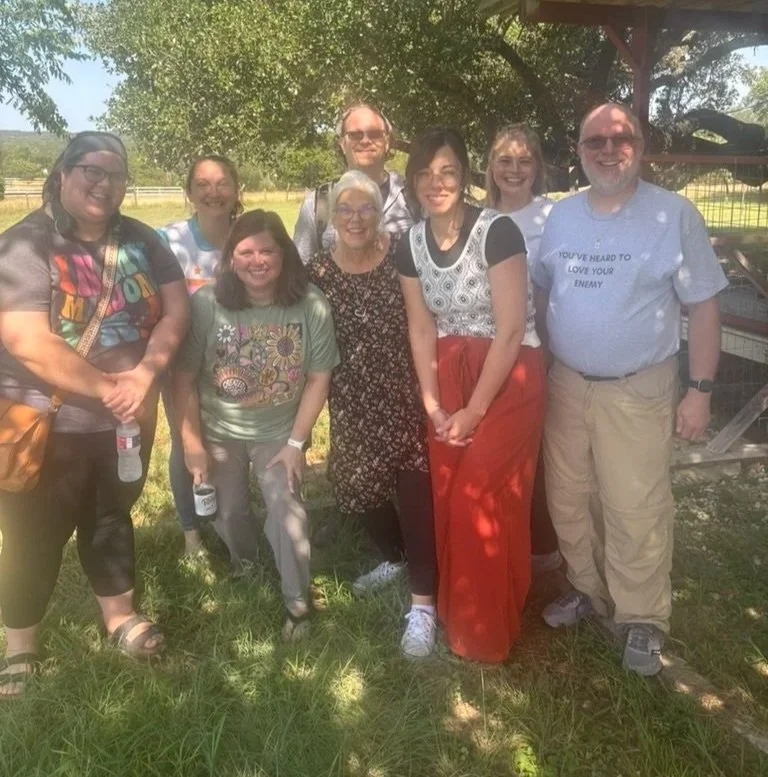"Love the Lord your God with all your heart and with all your soul and with all your mind and with all your strength.’ The second is this: ‘Love your neighbor as yourself.’ There is no commandment greater than these.” - Mark 12:30-31
There is no greater commandment...
And who is our neighbor?
Classic question. Good question.
Yet I find this question to be unhelpful when we find ourselves using it to decide who we are supposed to love and who we aren't. "Love your neighbor as yourself" is not meant to be a sentence that helps us decide who is in and who is out of the range of our efforts to love others. Besides, it's not a long journey from this passage to other gospel passages like the Good Samaritan (Luke 10:25-27), or the mandate that we love our enemies (Matthew 5:43-48).
Turns out people are our neighbors. I saw a post from a seminary roommate the other day that put it like this: The question is not about who our neighbor is. The question is how we can be a good neighbor to those around us. Amen, Kris.
One way Americans have long since been good neighbors to those around us is to look out for the good of one another (to seek the Shalom of the city, to see our collective well-being as good for ourselves, too). If somebody is mourning, we bring them a casserole, send a card, lend a listening ear, lift up a prayer. I recently saw that my hometown recently came together and rebuilt a massive playground for their town to enjoy. Years ago I had the honor of giving a blessing or two for a Habitat for Humanity house as the walls were about to go up; the volunteers gather around and then folks write prayers and Scriptures on the frame of the house to bless the new neighbors coming to live there soon. I think of adoption days in courts in which an entire community of people surround a household as they welcome a new child into their family. I think of the brave Monday *very early* morning people that get up with my Dad to make massive amounts of food for people who may not come by that meal easily otherwise. My Dad hasn't met all of those people, but he and those cooking with him are engaging in an act of love toward their neighbor. Nothing is in it for him except he understands that the good of the collective is good for him. In fact, he could just as easily be someone who could use a warm meal one day. I think of countless examples of people caring for others simply because lifting each other up is an act that lifts all of us up. No doubt you could think of many as well.
These are the visuals that make me proud of the ways Americans are good neighbors to one another, seeking the well-being of the collective by watching out for one another, lifting one another up. This is a recipe for thriving.
When I look out for my neighbors, I look out for myself. When I lift up my neighbor, I lift up myself. When I love my neighbor, I love myself.
Lately opportunities have been arising for Americans to consider love of neighbors in a different light than the categories to which we are accustomed. Have you ever had a moment in your life in which someone said one sentence, or asked one question, that shifted your sense of reality? This is what these new considerations are doing for me.
For instance, the first time a trusted friend asked if I would hide them, should things get bad for them, that's what happened to me. The first time I was asked to help make an escape plan for a loved one, should things get bad for them, it happened again. The first time I heard a report of someone without a criminal record being abducted by plain clothed officers in masks with no charge or due process, I felt like my world was turning upside down.
Where am I living? Is this the place where I learned what it means to be a good neighbor?
Why are my neighbors afraid?! Why are my neighbors worried for their safety?! Why are people I love feeling so much less free than me, to the extent that they feel they must anticipate the possibility of hiding or escaping, ever?!
As tempting as it is to write these questions off, in my God's mandate to love my neighbor, I believe I must listen thoroughly to these questions and become curious about what is stoking fear and a sense of unsafety around me.
I know wonderful people who vote differently than one another, who disagree on all sorts of topics, who have different lifestyles, yet still have in common a history of being good at loving one's neighbor. I have confidence these are questions that are worth all of us sitting with, getting curious about right now, lest we write them off too fast.
I don't know many people who wish ill for peaceful people who have done no harm. I don't know anyone who wants less freedoms. I don't know anyone who interprets "love your neighbor" as "love your neighbor as long as they look like me and talk like me and never disagree with me." But if we are not careful, this is what our actions can say. Our actions can say that the neighbors we believe we're called to stand up for are the ones that remind us most of ourselves. Our behaviors can say that the neighbors we are supposed to care for are the ones who are the most convenient to care for. It may sound terrible to have to love a neighbor who voted for the other person or party, but I still haven't found any footnote in the Bible that would direct us otherwise. So here we are.
If scary things are happening among the least of these, those who are the alien, the orphan or the widow whom we are most definitely called to care for (Deuteronomy 27:19 among so, so many other verses), then they can happen to us. More importantly, God tells us to act as if it is happening to us. If it can be them, it can be us. If it is them, it is us. Matthew 25:40 is explicit that when we love the least of these, we love Jesus himself. Wow. Could the least of these be people we don't like, or even don't always trust? Do the lengths of Christ's Love extend to people who have done wrong? I hope so, or I'm in trouble myself.
When we lift each other up, we are all lifted up. It is a mighty testament to the love our God calls us to exercise as a collective, as a panoply-body of Christ. Conversely, the consequences we leave ourselves to when we don't lift each other up can have unspeakable impacts on all of us, ultimately, even if it happens more like dominos than in sync.
Bear with me, as some of you will find this realistic and others entirely dramatic:
If one day I disappear, will you call a lawyer for me? Will you try to find me, free me? If one day I am just suddenly not around, or one day news reporters start telling strange stories that don't seem quite right about me, will you speak up for me? Will you help me? Will you bend over backward to make sure I am not imprisoned with no charge into perpetuity, in a place of torture? Would you hide me, if it became dangerous for someone like me to live in the U.S.? Would you help me escape if I am unjustly persecuted in this land, our land?
(Perhaps this makes you feel scared. Perhaps you're laughing at how absurd this sounds.)
If you think you might be courageous enough to help me, someone you know and love, I implore you -and myself- to extend this care to the people it's happening to right now. Today.
We are not called to judge whether or not someone merits our care. We are not called to love people based on how much love we believe they deserve from us. God did not say, "Love your neighbor if you decide they're good enough to inconvenience you." God did not say, "Love your neighbor as long as they're clean cut and/or white and/or don't have an accent when they speak English as a 2nd or 3rd or 4th language." God did not say, "Love your neighbor only if it benefits you." God did not say, "Love only the conservative" or "Love only the liberal." Rather we are called to lift up the collective well-being of our communities.
I myself am seeing lots of posts with reports of all sorts of terrible things happening to neighbors, and it physically makes me ill. I am getting confirmation of these accounts through personal conversations with vulnerable populations. But since we don't all agree on what news is true or not, I worry that folks' posts of news reports is not enough. Spreading information that others - maybe half the country - interpret as misinformation in either direction, is helpful to some, but with significant limits.
There is a root cause we are not addressing here related to our collective willingness to care for the collective. Perhaps some feel hopeless about it. Perhaps we are the mess at the bottom of a broken Tower of Babbel. Perhaps we are screaming at each other in what feels like the same language but we are hearing completely different things. THEN what about love of neighbor? In recognizing the vitality of lifting one another up, and the dire consequences for us all when we do not, how do we lift up the collective when we are so broken apart? Here is a question of great power.
In order to help anyone under unjust threat, we must be humbled to be willing to help across party lines, across news sources. We must find a way to care about everyone in all our communities, and not just those who vote like us or agree with us. We must find a place in our hearts to love our neighbors as ourselves, to seek places of trust and entryways to build rapport, whether we are psyched about those neighbors at the moment or not.
This is the most American thing I can think of right now, according to my own faith lens and the mandate my God has given me as to how to behave in my community, in my country: a devotion to the well-being of everyone, the freedoms of everyone, the due process guaranteed to all of us, the basic human rights and dignity recognized for all of us.
My prayer is that more and more -and with a sense of urgency- would put down our verbal swords and consider the absolutely necessary nature of us caring for our whole communities, rather than defending compartmentalized versions of them. Whether we have all wanted to deny it or not, the reality of our interdependence, our need for one another, remains steadily true. It takes all of us to care effectively for one another, but it doesn't take many to tear us down. May God help us lean into one another, protect one another, love one another as we love ourselves. May God help us to help us ALL.
Amen.
















